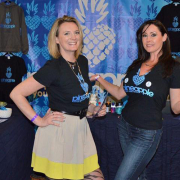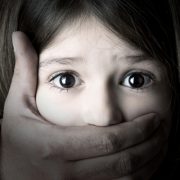Our safeword.. Pineapple. Your safeword …CHRISTINA!
Hello Everyone,
As you know there have been a string of suicides again this past week. Kate Spade, Anthony Bourdain, and in our business.. Dave Slick. It sickens me and saddens me that so many think there is no hope and no one to turn to. I will admit I have had my lows, just like everyone else. But I have always had the strength to pull myself up and go on. Life is like a rollercoaster, without the lows and the unfortunate times you get turned upside down and lose what’s in your pockets.. you wouldn’t appreciate the highs and the wind blowing through your hair as you soar through the sky. I’m not sure if I’d really appreciate how lucky I am to be be alive if I had’t fought for my life back in 2006 like I did, and the long road back. That’s why I dedicate a good amount of time to help people that can not help themselves, to give the them some of my strength for just a moment. In my industry the there are more suicides and depression then ever before. There are a dozens of reasons why. But in our industry It always comes back to a soul trying to find a better place in this world, trying to feel good about themselves and make money. A lot of young people today turn to porn when they feel the rest of the world is shit, want to feel glamorous, and be a star. Unfortunately, 1000’s of others are doing the same. Sadly, with all the piracy none of us make enough money anymore to keep hiring the way we used to. So the cycle continues as they search and search until they sadly enough can take no more. If you have not heard yet we have created a new support system for our industry talent.
Let me tell you a little bit about it before we move on to the fun stuff of the day:
OUR MISSION
We at Pineapple will provide 24/7 support for all industry performers. There will be no discrimination, judgment or stigma.
We will provide free and subsidized therapy, ensuring that every member of the Pineapple family is cared for should they need it.
We will create a safe, caring environment that every performer will be proud to be a part of.
We will alleviate the isolation felt by many performers by supporting each other, so that no one need ever feel lonely.
We shall promote mindfulness and positivity, being proactive in caring for our mental health.
We will spread happiness, we will be the change.
HOW CAN PINEAPPLE ACCOMPLISH ALL OF THIS?
With determination, elbow grease and a lot of support from you lovely lot.
Pineapple Support is a registered charity recognized in both the UK and the USA (pending approval), which means helping us can also help you. So please support our mission so we can carry on supporting you and the performers you love so much.
Everyone looks better with a smile.


